Potential impact of the Africa Energy Guarantee Facility (AEGF)
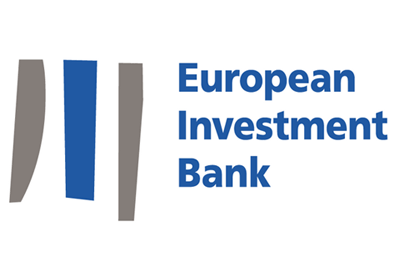
This report examines the potential macroeconomic and welfare impact of the Africa Energy Guarantee Facility (AEGF), including improved viability of energy projects and enhanced electricity access. The report also reviews three case studies of guarantee use for energy projects in the region, and outlines several major reasons why investors are less likely to adopt investment insurance as a financing instrument. In addition, the study reviews empirical literature on the impact of risk mitigation instruments on access to finance, aiming to determine how the AEGF will likely influence access to finance for energy investors in the region. This research has been performed under the EIB-GDN Programme in Applied Development Finance. Launched in 2017, the programme lasted for three cycles of twelve-months, during which talented researchers from ACP countries spent a year on a “deep dive” study of an IFE project, trained, guided and mentored by GDN, the EIB and expert advisors (EAs). The programme used academic research techniques to study the development impact of ongoing private-sector investments, built capacity for evaluative research in developing countries, and helped to boost the EIB’s accountability and development effectiveness.
Unlocking the hydrogen economy — stimulating investment across the hydrogen value chain

Green hydrogen, sourced from water and renewable energy, has – by replacing fossil fuels – enormous potential for the reduction of global carbon emissions in hard-to-abate industrial sectors. Yet, like many early stage technologies past and present, a complex interplay of economic, regulatory, industrial and operational challenges still need to be overcome before hydrogen can play a large-scale role in the modern industrial economy. The shift towards hydrogen is expected to require investment in the hundreds of billions of euros over the coming decades and will require substantial amounts of private financing alongside public funding. In this report, the European Investment Bank's advisory services summarise the results of an investor consultation to get to the heart of these challenges, and offer recommendations for an accelerated development of the hydrogen sector.
Africa’s Urbanisation Dynamics 2022 - The economic power of Africa’s cities
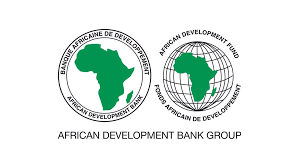
Urbanisation is one the most profound transformations that the African continent will undergo in the 21st century. Since 1990, the number of cities in Africa has doubled in number - from 3 300 to 7 600 - their cumulative population has increased by 500 million people. Africa’s cities are the most rapidly growing cities in the world; they are the youngest and they are changing fast. Their impact on Africa’s economic, social and political landscape in the coming decades is likely to be profound. Urbanisation, therefore, presents immense opportunities to accelerate progress towards the 2030 and 2063 development agendas and for promoting continental integration in the context of the African Continental Free Trade Area (AfCFTA). For African policy makers, it also entails very important challenges in planning, managing and financing urban growth, both at the local and the national levels. In many places in Africa and beyond, there is a prevaling negative perception of the externalities of urbanisation and its impact on development. This has slowed policy processes to make urbanisation a central part of Africa's development strategies.
Regional Economic Outlook - Sub-Saharan Africa: A New Shock and Little Room to Maneuver
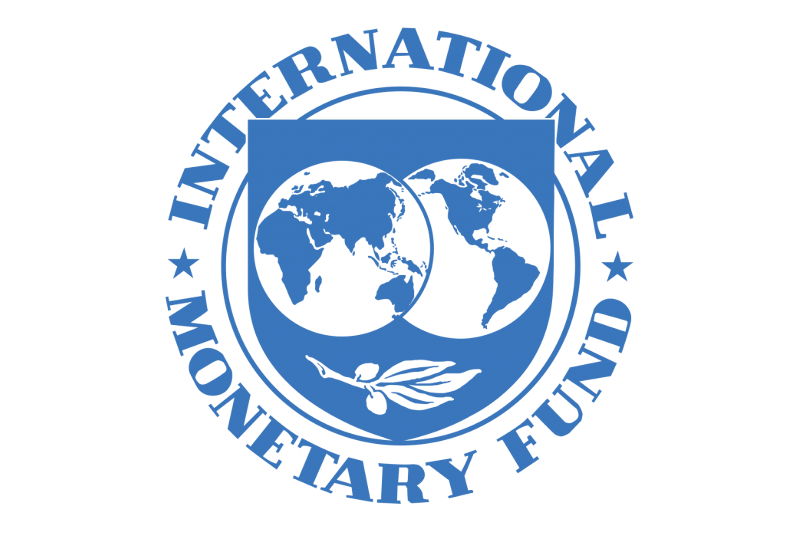
The economic recovery in sub-Saharan Africa surprised on the upside in the second half of 2021, prompting a significant upward revision in last year’s estimated growth, from 3.7 to 4.5 percent. This year, however, that progress has been jeopardized by the Russian invasion of Ukraine which has triggered a global economic shock that is hitting the region at a time when countries’ policy space to respond to it is minimal to nonexistent. Most notably, surging oil and food prices are straining the external and fiscal balances of commodity-importing countries and have increased food security concerns in the region.
Moreover, the shock compounds some of the region’s most pressing policy challenges, including the COVID-19 pandemic’s social and economic legacy, climate change, heightened security risks in the Sahel, and the ongoing tightening of monetary policy in the United States. Because of this, the growth momentum for the region has weakened this year with economic activity expected to expand by 3.8 percent. While the economic recovery is projected to accelerate in 2023 to about 4 percent over the medium term, this pace is not enough to make up for lost ground from the pandemic. Beside accelerating the COVID-19 vaccination campaign, immediate policy priorities include helping the most vulnerable households cope with high food and energy costs without adding to existing debt vulnerabilities, containing inflation pressures, and managing exchange rate adjustments.
Ready for a common Africa-Europe future? Our reflections beyond the 6th EU-AU summit

The European Think Tank Group (ETTG) has published a report covering the readiness for a common Africa-Europe future, looking ahead from the 6th EU-AU summit.
The collective volume
- “Strengthening the AU-EU partnership on the economic development and trade agenda.”
- “Beyond business as usual: Igniting the AU-EU partnership on peace, security and governance.”
- “Green transformation in Africa-Europe relations: linking energy and adaptation with economic transformation.”
- “Ready for a common Africa-Europe future? Our reflections beyond the 6th EU-AU summit.”
The reports are part of a special series on Africa-EU relations in the run-up and follow-up of the 2022 EU AU summit, produced by ETTG members in cooperation with the Institute for Security Studies (ISS Africa) and UNDP Africa.
Zambia: Science, Technology & Innovation Policy Review
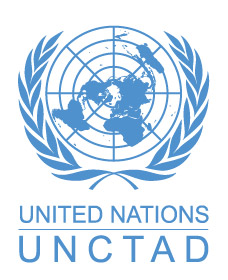
The United Nations Conference on Trade and Development (UNCTAD) has published a policy review on science, technology and innovation in Zambia.
This Science, Technology and Innovation (STI) Policy Review was prepared by UNCTAD at the request of the Ministry of Higher Education of Zambia.
As the focal point in the United Nations system for the integrated treatment of trade and interrelated issues of finance, technology, investment and sustainable development, UNCTAD supports member States in these areas through a combination of consensus-building, policy analysis and technical cooperation. Within this framework, the objective of this Review is to contribute to the development of national capacities for design and implementation of science, technology and innovation policies, plans and programmes. Such activities
aim to improve the competitiveness of firms and industries in a global economy in which knowledge is an increasingly important factor. They also target the Sustainable Development Goals (SDGs) to secure a more inclusive and sustainable development path, in the understanding that science, technology and innovation are critical means of implementation of the Agenda for Sustainable Development embodied by the SDGs.
The promise of TradeTech: Policy approaches to harness trade digitalization

The World Trade Organisation has published a report on policy approaches to harness trade digitalisation in the promising new world of TradeTech.
TradeTech - the set of technologies that enables global trade to become more efficient, inclusive and sustainable - plays an important role in easing the flow of goods across borders, reducing trade costs and creating new trade opportunities. This publication explores how international policy coordination, in particular the development of specific rules in trade agreements, could advance the adoption of digital technologies and trade digitalization across the world.
The role of advanced technologies in cross-border trade: A customs perspective

The World Trade Organisation (WTO), together with the World Customs Organisation (WCO), has published a report on the role of advanced technologies in cross-border trade from a customs perspective.
Advanced technologies have the potential to improve the efficiency of customs processes and to ease the flow of goods across borders. Using the results of a 2021 survey, this publication sheds light on the opportunities and challenges customs authorities face when deploying technologies such as blockchain, the internet of things, big data, data analytics, artificial intelligence and machine learning.
Inconsistent policies or political realities? Nigeria’s trade and industrial policy imperatives
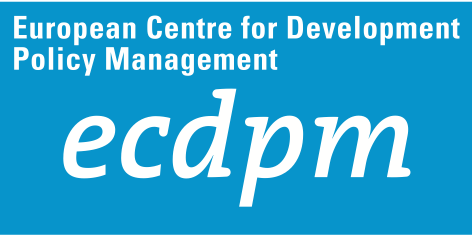
The European Centre for Development Policy Management (ECDPM) has published a report on trade and industry imperatives in Nigeria and the way in which they can be seen as political realities or as inconsistent policies.
Nigeria’s position on regional integration can appear inconsistent, despite having ratified the African Continental Free Trade Area and its commitment to achieving a customs union through ECOWAS. For example, in 2019, it unilaterally closed its land borders with neighbouring countries, causing major disruptions to regional trade networks. This in turn negatively affected the trade facilitation efforts promoted by development partners to ensure smooth movement of goods across borders.
This paper examines these seemingly opposing dynamics. It analyses Nigeria’s trade and industrial policy choices to show that the border closure, rather than being a sudden event, was a continuation of policy decisions to curb smuggling and among other things, promote industrialisation. Looking at policies in the rice and pharmaceuticals sector shows that while Nigeria has strong ambitions for industrialisation, these are often not translated into effective industrial policies. Moreover, regional trade concerns, especially smuggling, are seen to jeopardise Nigeria’s industrialisation potential and efforts by undercutting domestic firms.
Ghana: Roadmap for Resilient Infrastructure in a Changing Climate

Adaptation action is essential to achieving and safeguarding development outcomes in the face of more frequent and intense climate hazards.
This report is the culmination of a 21-month partnership between Ghana’s Ministry of Environment, Science, Technology and Environment (MESTI), the Global Center for Adaptation (GCA), the University of Oxford, the United Nations Office for Project Services (UNOPS) and the United Nations Environment Programme (UNEP) to identify and propose solutions to address priority adaptation needs in Ghana.
Using novel modelling and assessment tools, and through an extensive stakeholder consultation process, it provides an assessment of risk of climate hazard on national infrastructure systems. Next, it develops a roadmap for addressing risks through targeted adaptation options in the built and natural environments, including nature-based solutions. The roadmap also defines institutional interventions required to enhance the enabling environment that ensures the optimum effectiveness of adaptation measures in the country. It is aligned with Ghana’s national development objectives to advance progress towards the Sustainable Development Goals (SDGs), the Paris Agreement on climate change, and gender and inclusivity objectives. The proposed 35 prioritised adaptation options provide opportunities for funders and investors to invest in Ghana’s future, offering impactful, evidence-based adaptation projects and enabling environment interventions backed by robust research and analysis.




